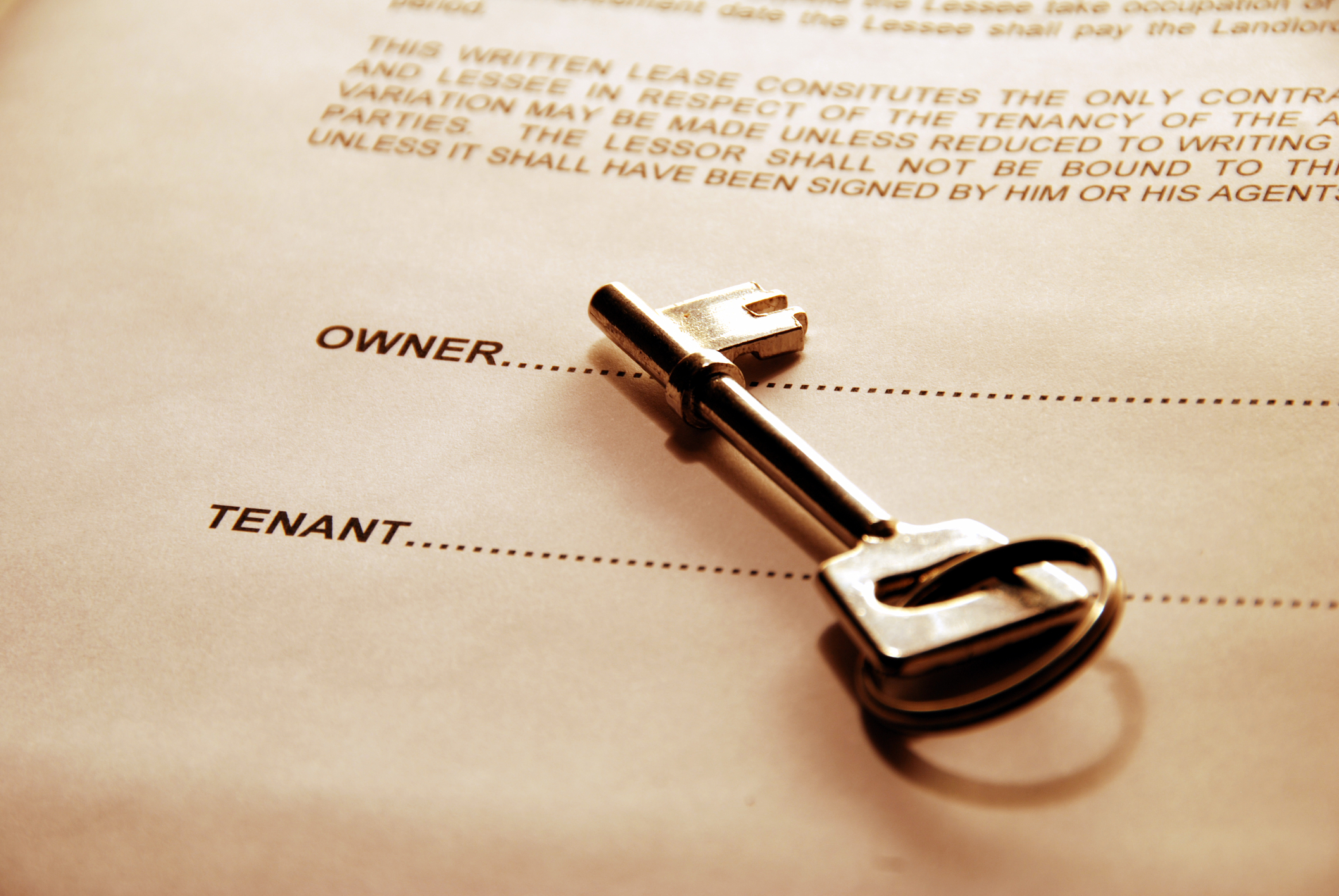New Rules Affecting the Collection of Security Deposits

Among the many legal changes that were incorporated into the Housing Stability and Tenant Protection Act (HSTPA) of 2019, are a series of new rules affecting the collection of security deposits and advance rent payments made by residential tenants. The new rules do not apply to commercial tenancies.
What has changed?
Perhaps the most significant change is landlords are now prohibited from collecting more than one month of security or taking any advance rent payment. As a result, landlords are no longer able to demand payment of the final month’s rent at the time of lease signing as has been a common practice for many. While the rent stabilization law already prohibited the collection of more than one month of security, the new rules also apply to apartments that are not rent-stabilized.
Landlords who violated these rules previously were often not penalized. Now, however, the law specifically includes a provision allowing courts to award punitive damages of up to twice the actual deposit amount. Landlords who collect more than a single month’s rent for security are now taking a much bigger risk in doing so.
Another important provision contained in the new law is that the security must be returned to the tenant within 14 days after the tenant vacates. If any portion of the security is to be kept by the landlord, written notice must be sent to the tenant detailing the reasons why it is not being returned. Acceptable reasons include the existence of rent arrears owed, damages to the apartment, unpaid utility charges, and the cost of moving or storing the tenant’s belongings. Late fees, attorney fees, or other “additional rent” charges may not be deducted from the security. If a landlord fails to send the letter, he or she will be required to return the full security and will be barred from making any claim that they have a right to apply the security to unpaid rent charges or for damages to the apartment. In a nutshell, failing to send the notice will result in the loss of your rights.
What about potential damages or defects?
In addition, the law now requires landlords to offer tenants an opportunity to walk through the apartment with the landlord to make note of any problematic conditions before the lease start date. It also requires that landlords make a written agreement with new tenants noting any defects or damages. Failure to make such an agreement will likely be interpreted against the landlord in the event a subsequent dispute about the initial apartment conditions arises after the tenant vacates.
Finally, upon receipt of a notice regarding the tenant’s intent to vacate, an owner must perform another inspection at least 1 week prior, but no more than 2 weeks prior, to the vacate date. After the inspection, the tenant must be given written notice of any repairs or cleaning items that may form the basis of a security deposit reduction. This provision is intended to give tenants an opportunity to cure any problems at their own expense. Again, an owner’s failure to provide this notice will likely be interpreted against the landlord in the event a subsequent dispute arises.
Be proactive and prepare.
Knowing these new rules and having a set of forms and procedures in place to deal with them effectively is necessary for owners who wish to avoid the pitfalls and penalties imposed by the new laws. Owners must be proactive and prepare for the potential security dispute from the moment the tenant signs a lease and should consult with their attorney if there is any uncertainty about how to best protect their rights.




